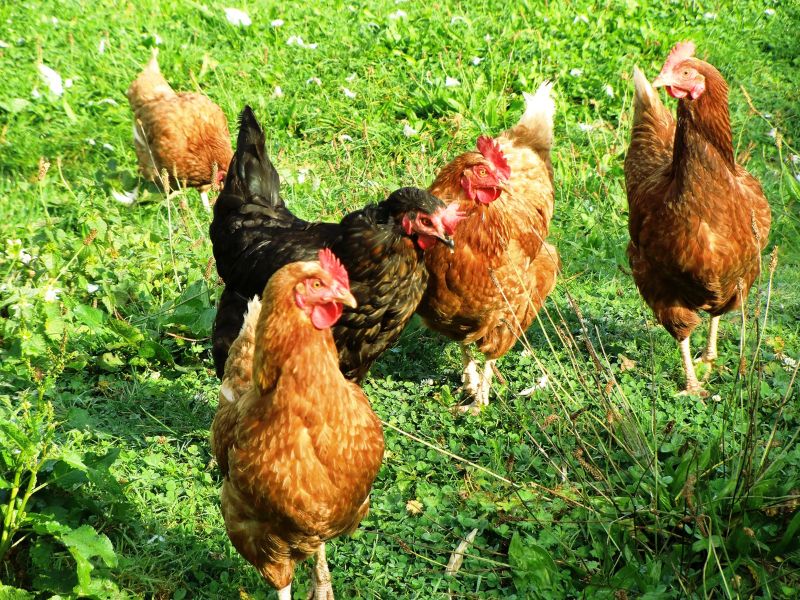Avian Flu Update

Avian Flu Update
By The Farm Wilder Team
With Avian Flu still spreading like wildfire through free range poultry farms and wreaking devastation on wild bird populations, we have made the difficult decision to temporarily stop selling chicken and cancel turkey sales for this Christmas.
In autumn we were extremely saddened to hear that our primary poultry supplier, Dan Mason at Sladesdown Farm, had lost his entire flock after testing positive for avian flu. He’s far from alone – millions of turkeys, geese, chickens and ducks have been culled in the last few months, with hundreds of farms forced to close their doors.
Tragically, it is often the best poultry farms being forced out of business by avian flu, with organic and free range farms hit especially hard. This is particularly perverse given that the flu has its origins in intensive poultry production. The UN’s Farming and Agriculture Organisation has made the link between factory farming and avian flu explicit, saying that ‘in monocultures involving mass rearing of genetically identical animals that are selected for high feed conversion, an emerging hyper-virulent pathogen will rapidly spread within a flock’.
The industrial scale of today’s chicken and turkey production is only made possible by a complete divorce between the animals and the land which feeds them. Most birds are kept indoors or on small outdoor spaces, while feed is brought in from the vast swathes of British and foreign land now under monocultures of cereal crops.
Regenerative farming involves putting the pieces back together – returning animals to the environment in which they belong, and managing them in ways that allows them to exhibit their natural behaviour and fill a niche within their ecosystem. This way, farming can bring land bursting back to life, with wildflower rich grasslands and woodpastures serving the livestock as well as a huge diversity of wildlife.
We still believe that poultry farming can serve an important role within regenerative systems, and we hope to start offering it again once the wave of avian flu has passed and our farmers are able to reopen their businesses. Until then, rather than choosing to buy less sustainably produced alternatives, we urge people to look to other meat produced under regenerative systems, whether 100% pasture fed, wildlife friendly beef and lamb, wild shot venison, or plant based alternatives


